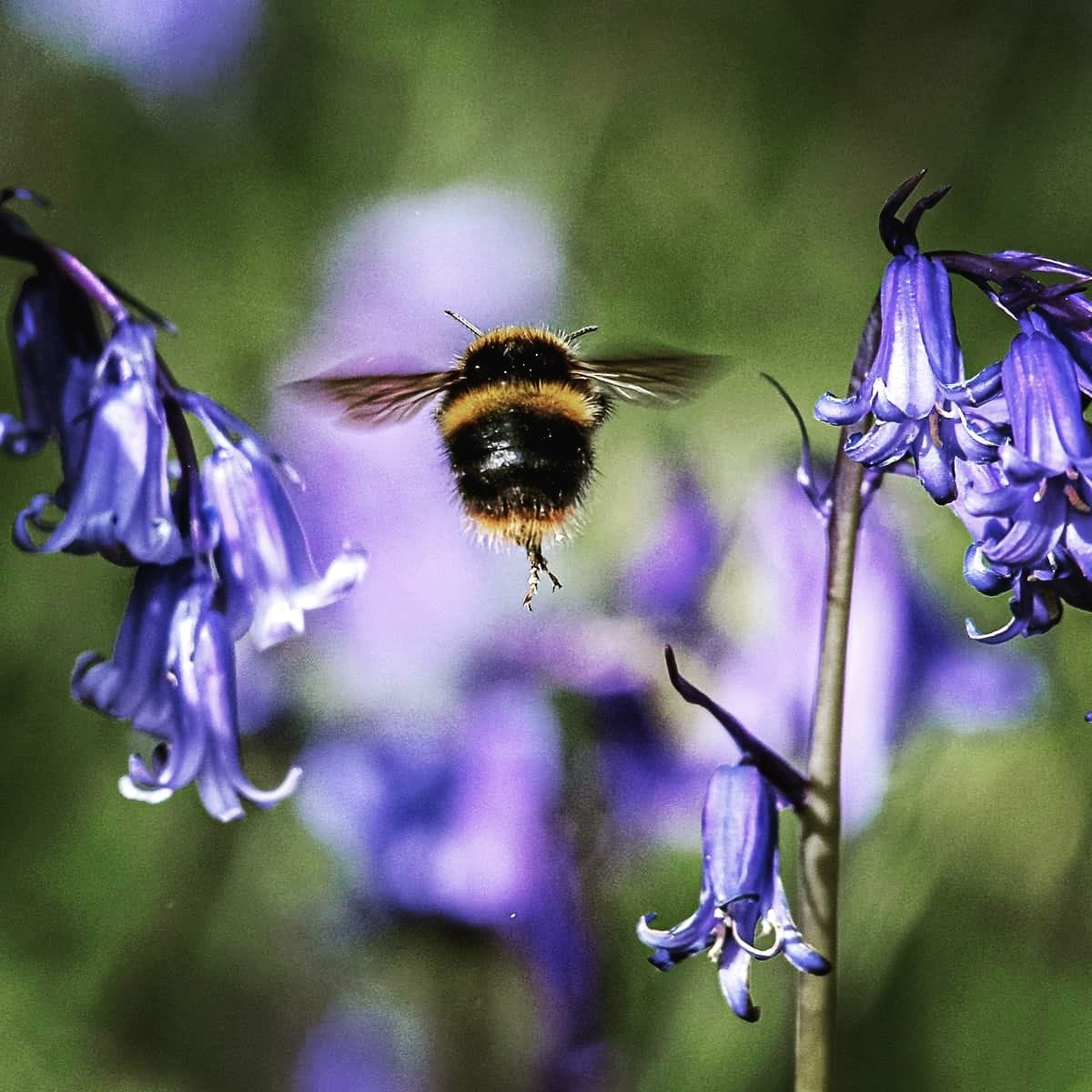The Bee Crisis and What You Can Do About It
Pollinator declines have now reached critical mass. What is causing it, how can it be stopped, and what we're doing to rebuild our population at Mamhead Park.
The world is experiencing an unprecedented decline in pollinator populations, particularly bees, with devastating consequences for ecosystems and our food supply. Over the past few decades, scientists have documented alarming decreases in bee populations across the globe, whether they're in the wild or the protection of beekepers.
Pollinators, including bees, butterflies, moths, flies, and beetles, are responsible for pollinating nearly 90% of the world's flowers and around 75% of global food crops. Bees themselves provide over a billion pounds of economic value to our food production systems. Without these essential insects, our food systems would collapse, biodiversity would plummet, and ecosystems would collapse across the world.
It's being caused by numerous factors. Firstly, bees have seen significant habitat loss and fragmentation urbanized cities and industrial agriculture claim more land, destroying natural habitats that provide food and shelter for pollinators.
Systemic pesticides have been linked to bee deaths, impaired cognition, and weakened immune systems, often affecting environments for years on end. Climate change disrupts timing between flowering plants and pollinator activity, creating mismatches that leave both plants unpollinated and pollinators unfed.
Diseases and parasites have also become widespread epidemics amongst bees as global trade have helped spread foreign bee diseases to local bee populations. Meanwhile, farming focused on a single crop has also reduced plant diversity and offers pollinators food that will only be harvestable for short periods during the year.
The consequences extend far beyond the pollinators themselves. Many bird species rely on insect-pollinated fruits and berries, while countless other animals depend on the plants that bees help reproduce. The entire web of life relies on the wellbeing of these small but mighty creatures.
How can we Reverse the Decline
While the pollinator crisis is severe, there are numerous strategies we can adopt to resolve it. Planting pollinator-friendly gardens with native flowering plants that bloom in succession throughout the growing season is an incredibly useful way of providing pollinators food throughout the year.





